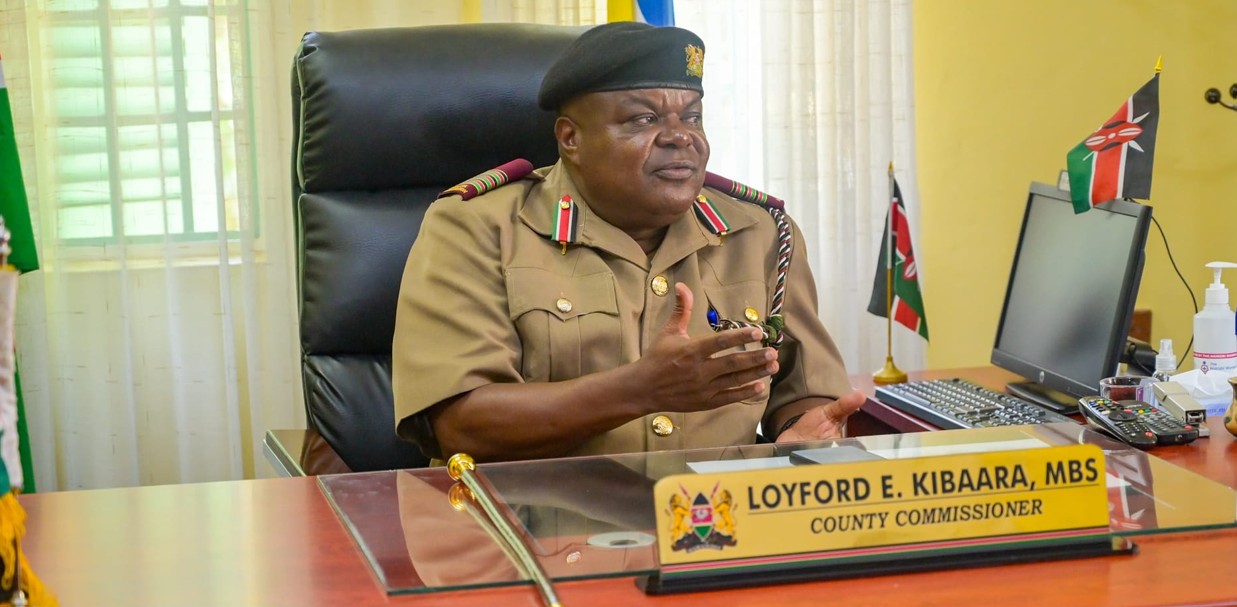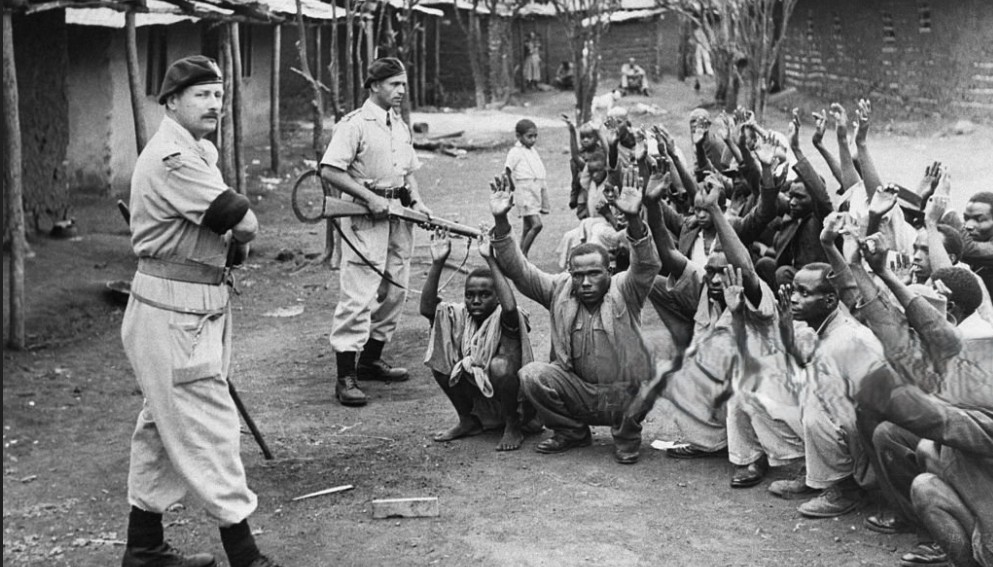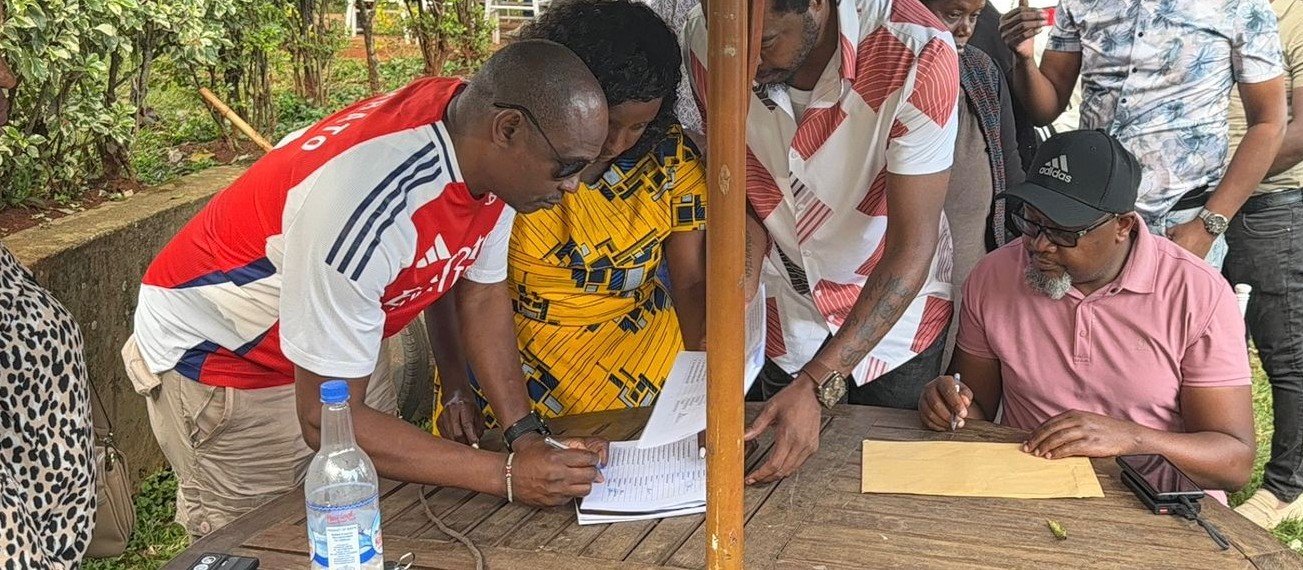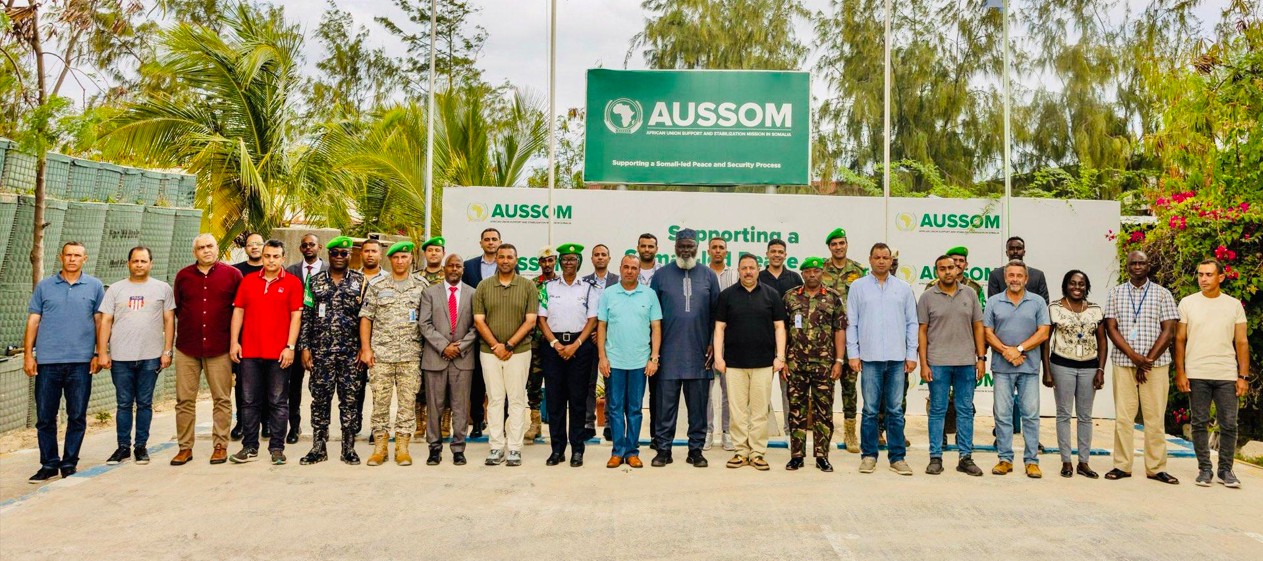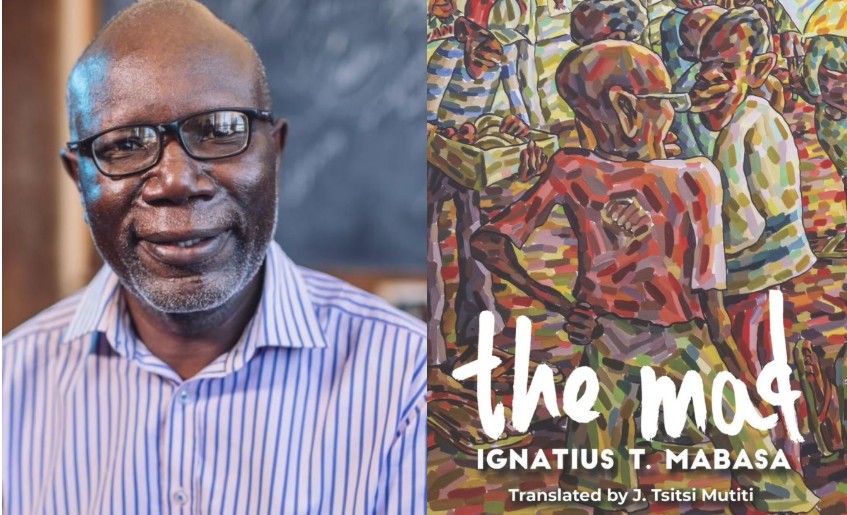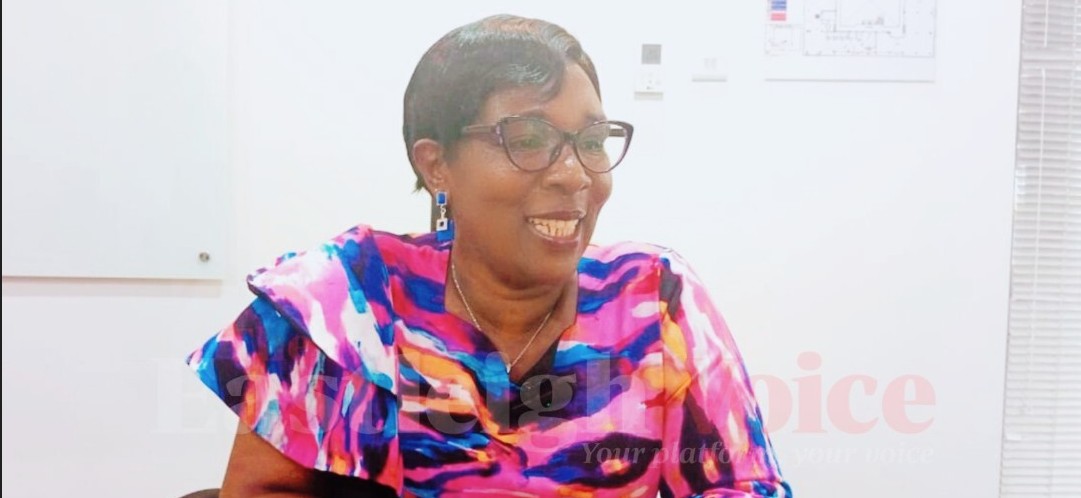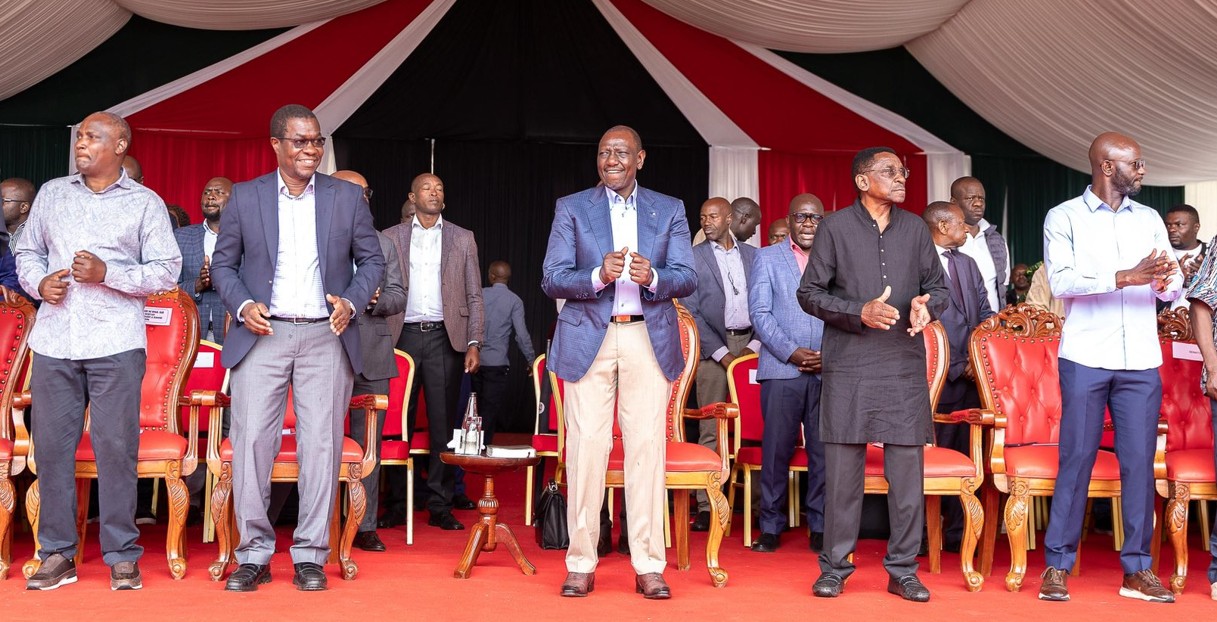Jacob Ghost Mulee: Why local coaches keep missing out on the FKF Premier League title
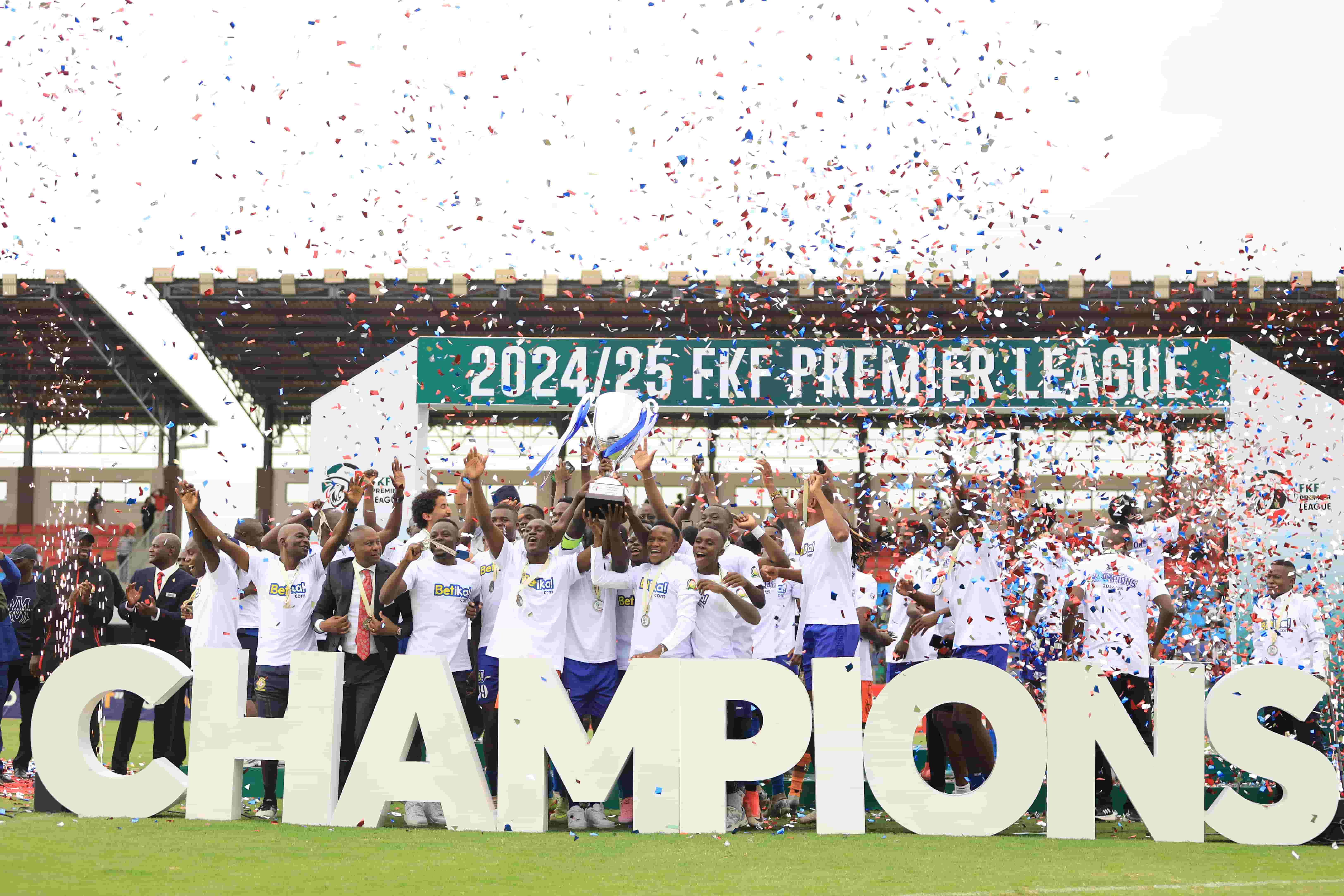
Burundian coach Etienne Ndayiragije guided Kenya Police FC to the FKF Premier League title, continuing a trend that has long sidelined Kenyan tacticians. Veteran coach Jacob ‘Ghost’ Mulee breaks down why local coaches continue to fall short and why the problem runs deeper than the touchline.
When the final whistle blew across various venues to mark the end of the 2024/25 FKF Premier League season, history repeated itself. Burundian tactician Etienne Ndayiragije, in charge of Kenya Police FC, became the latest foreign coach to lift the league trophy. Once again, Kenyan coaches watched from the sidelines, their hopes of winning the title dashed.
While local tacticians have consistently impressed in domestic cup competitions, the league title continues to slip through their fingers. This recurring outcome raises deeper questions about the structural and competitive realities of the game.
More To Read
- Victor Wanyama hails CHAN’s role in transforming Kenyan football
- Murang’a Seal FC parts ways with head coach Yusuf Chipo
- Shock as Nairobi City Stars disband following relegation
- FKF inks Sh15 million partnership deal with KTB to tap into sports tourism
- MOFA FC appoints Atulo Nicholas as new team manager ahead of promotion push
- FKF Premier League ends sponsorship drought with Sh1.12 billion deal
Among active local coaches, only a handful have ever tasted league success—Robert Matano (now at KCB), Francis Baraza (Kakamega Homeboyz), Yusuf ‘Chipo’ (Ulinzi Stars), and Sammy ‘Pamzo’ Omolo (Posta Rangers). The list is short and telling, and the gap between local and foreign coaching success appears to be widening.
This pattern begs a straightforward question: why is it still so difficult for local tacticians to win the FKF Premier League?
Salute to your new #FKFPL champions 🫡
— FKF Premier League (@Officialfkfpl) June 15, 2025
Congratulations @PoliceFCKE 👏 pic.twitter.com/KzK5moe3VJ
To explore this, The Eastleigh Voice spoke to one of the few who’s managed it - Jacob ‘Ghost’ Mulee. The veteran coach led Tusker FC to three league titles between 1999 and 2009. He shared a candid view of the challenges Kenyan coaches face, both on and off the pitch.
“There are many reasons,” Mulee said. “But one of the biggest is lack of support from club administrators. A coach may come in with a plan, but if management doesn’t back it, success becomes nearly impossible.”
He pointed out that even highly qualified coaches often don’t receive the necessary trust.
“Zico (Zedekiah Otieno) was at Gor Mahia a couple of times, but they didn’t really believe in him. And yet he’s a former national team coach. There’s still this mentality that a white coach is more capable,” he said.
It’s not only about trust, Mulee added. Financial instability is a major factor that directly affects coaching outcomes in Kenya.
“I was talking to Boniface Ambani (newly elected AFC Leopards chairman) the other day in Dandora,” he said. “He told me his players hadn’t been paid for up to nine games. Now tell me, how is a coach supposed to motivate players in such conditions?”
Mulee believes local coaches are often blamed for poor results when the underlying problems are structural—delayed payments, neglected player welfare, and broken club systems.
“The coach is expected to deliver results, but management must take care of the players’ welfare. You can’t expect miracles when salaries and allowances go unpaid,” he said.
As the conversation continued, Mulee turned to what he called a more alarming reality: the football system itself is not commercially viable.
“Let’s be honest. Football is business everywhere else. But here, we’re still treating it like a hobby,” he said.
Drawing comparisons with neighbouring Tanzania, Mulee highlighted the gap in investment and overall seriousness.
“Look at Yanga and Simba. When I won the Kagame Cup in 2000, we beat both at their home. Today? No Kenyan club can go there and come back with a result,” he said.
“Yanga made over Sh 180 million for winning their league. Our league winners got five million. Now tell me, is that serious football?”
According to Mulee, this disparity makes coaching in Kenya not only difficult but also demoralising - especially for local coaches trying to build sustainable careers in an underfunded and poorly governed environment.
He also questioned the integrity of FKF’s club licensing process.
“One requirement is that clubs must be financially healthy. But how do teams pass that test when they haven’t paid players for months?” he asked. “Accountability is still our biggest undoing.”
Despite the challenges, Mulee still sees hope for local coaches but insists that the system must change.
“Our local coaches need to work harder, yes, but they also need a system that works for them,” he said. “Coaching is not just about having a CAF A Licence. It’s about planning, exposure, and being part of a functioning football business.”
He credited Ndayiragije for guiding Kenya Police FC from relegation danger to league champions in just eight months, pointing to his experience in Burundi, Tanzania, and Zambia as a key advantage.
“Our local coaches need more of that exposure. Most have the talent but are stuck in grassroots or underfunded clubs where they can't grow,” Mulee said.
He also stressed the need for better infrastructure, fair officiating, and proper investment in both men’s and women’s football, now a CAF requirement.
“You can’t have a team struggling to pay the main squad and still expect them to run youth and women’s teams. We’re setting clubs up to fail,” he said.
While discussions around coaching tend to focus on tactics and team selection, Mulee’s observations are a reminder that success - especially for Kenyan coaches - often hinges on what happens away from the pitch.
Until Kenyan football embraces proper planning, financial transparency, and treats the sport as the business it ought to be, local tacticians may continue chasing the league title from the shadows, while foreign coaches keep lifting the trophies.
Top Stories Today
